On the afternoon of September 5, an online discussion with the topic "Ensuring food safety and quality of school meals" organized by Kinh te & Do thi Newspaper in collaboration with the Department of Health and the Department of Education and Training of Hanoi attracted the attention of many delegates and experts.
Here, many passionate opinions were shared, focusing on in-depth analysis of the current situation as well as proposing solutions to improve the quality of school meals, protect the health of students, the future generation of the country.
 |
| Delegates attending the Seminar. |
Hanoi is currently the locality with the largest educational scale in the country, with nearly 2.3 million students and about 3,000 schools at all levels. According to the latest report of the city's education and training sector, Hanoi has 1,160 kindergartens in 126 communes and wards, including 813 public schools and 347 non-public schools.
In addition, the city has 25 foreign-invested schools (including 18 kindergartens and 7 inter-level schools with kindergarten students) and 2,702 independent educational establishments. The total number of preschool children attending school is currently about 495,400, with 100% of children receiving meals at school.
At the primary level, the city has 778 schools, of which 704 schools provide boarding meals, reaching a rate of nearly 90.4%.
Of the more than 763,000 primary school students, over 502,000 are currently attending school meals, accounting for about 65.8%. In addition, many secondary schools with two sessions per day also provide meals. It is estimated that every day in Hanoi , more than 1 million students eat meals at school.
According to statistics from the Hanoi Department of Education and Training, there are currently 1,455 schools that organize their own meals; 647 schools that cooperate with catering units; and 283 schools that order meals from outside suppliers. The city currently has 2,385 collective kitchens and school canteens in operation.
At the seminar, delegates frankly shared and analyzed prominent issues in ensuring food safety in schools today.
Many opinions say that the selection of meal suppliers, quality control of input materials, processing - distribution - supervision processes still have shortcomings, requiring close coordination between schools, state management agencies, food suppliers and especially parents.
A noteworthy issue mentioned by many delegates is the state of food insecurity at restaurants, street vendors, and food carts around school gates, where students often visit.
These are places of sale that pose many potential risks regarding food hygiene, unclear origins, and uncontrolled use of additives. In fact, students are easily attracted to the food at these places, while control is extremely difficult.
Faced with this situation, delegates recommended that there should be closer coordination between schools, local authorities and functional forces in inspection, supervision as well as strengthening propaganda work to minimize the risk of food insecurity from the environment around schools.
At the seminar, Ms. Vuong Huong Giang, Deputy Director of the Hanoi Department of Education and Training, said that in the 2025-2026 school year, for the first time, the city will implement Resolution No. 18/2025/NQ-HDND of the Hanoi People's Council on regulating the mechanism for supporting boarding meals for primary school students in the area.
This is a deeply humane policy, demonstrating the city's concern for the comprehensive development of the young generation.
This policy is expected to have a positive impact on the quality of school meals, helping to reduce the financial burden on parents and at the same time encouraging almost all primary school students to participate in boarding meals.
However, along with the increase in the scale of boarding meals, food safety management also needs to be improved and tightened more than ever.
According to Ms. Huong Giang, schools need to develop a scientific and strict meal management process, from signing service contracts with suppliers, to the process of implementing and operating the kitchen and periodic monitoring.
A key factor emphasized is the synchronous coordination between schools, parents, and local authorities in monitoring the quality of meals. This is the "key" to removing the remaining bottlenecks in ensuring food safety at schools.
“The Department of Education will coordinate with the health sector and relevant agencies, together with local authorities, to strengthen inspections and checks at school kitchens. The goal is not only to ensure food safety but also to thoroughly prevent the situation of cutting down on students’ food rations. The common goal is to improve students’ physical condition and stature and build a safe and friendly school environment,” Ms. Huong Giang emphasized.
Also at the seminar, Mr. Vu Cao Cuong, Deputy Director of the Hanoi Department of Health, said that the city has issued many documents to guide and strengthen the work of ensuring food safety in and around schools. However, the implementation process still faces many difficulties. One of the major challenges is tracing the origin of food supplied to school kitchens.
“The biggest difficulty is that individuals selling food around the school gate are constantly changing. Although the local authorities are strict in checking and handling the problem, it is still not easy to solve it completely because the origin of the food is unclear,” Mr. Vu Cao Cuong shared.
Within the framework of the discussion, delegates also introduced many good models and practical solutions that have been and are being applied to enhance the effectiveness of school meal management.
These include implementing a one-way kitchen model, three-step inspection, and periodic disclosure of food quality; installing surveillance cameras throughout the entire process of receiving and preparing meals; applying QR codes to trace food origins; using technology software in managing boarding meals; and especially enhancing the supervisory role of parents.
In addition, many strategic recommendations have also been made, including: building a transparent interdisciplinary inspection process, organizing training, improving professional capacity for staff in charge of boarding work in schools; at the same time, perfecting the legal corridor so that parents can participate in monitoring school meals effectively, transparently and in an organized manner.
Ensuring food safety and improving the quality of school meals is not only the responsibility of the education, health or local authorities, but also a common task of the whole society.
Only with the synchronous, drastic and responsible participation from many sides, can school meals truly become a solid foundation for the comprehensive physical and intellectual development of students, the future owners of the country.
Source: https://baodautu.vn/hang-trieu-suat-an-moi-ngay-va-trach-nhiem-khong-the-loi-long-d379274.html



![[Photo] 80th Anniversary of the General Staff of the Vietnam People's Army](https://vphoto.vietnam.vn/thumb/1200x675/vietnam/resource/IMAGE/2025/9/6/49153e2a2ffc43b7b5b5396399b0c471)

![[Photo] General Secretary To Lam attends the 80th Anniversary of the General Staff of the Vietnam People's Army](https://vphoto.vietnam.vn/thumb/1200x675/vietnam/resource/IMAGE/2025/9/6/126697ab3e904fd68a2a510323659767)
![[Photo] Prime Minister Pham Minh Chinh attends the 80th Anniversary of the Vietnam Posts and Telecommunications Group](https://vphoto.vietnam.vn/thumb/1200x675/vietnam/resource/IMAGE/2025/9/6/39a89e5461774c2ca64c006d227c6a4e)

![[Photo] Rescuing people in flooded areas at the foot of Prenn Pass overnight](https://vphoto.vietnam.vn/thumb/1200x675/vietnam/resource/IMAGE/2025/9/6/19095b01eb844de98c406cc135b2f96c)
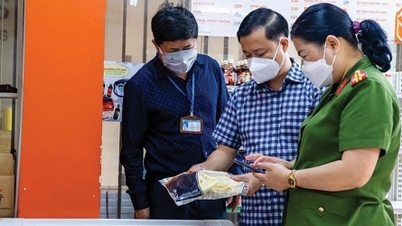

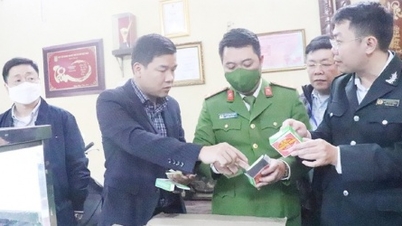


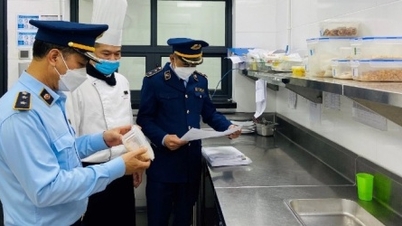








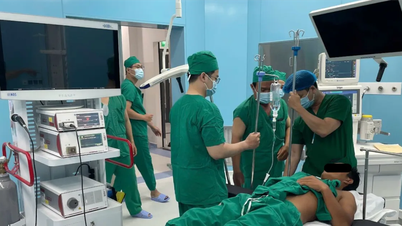





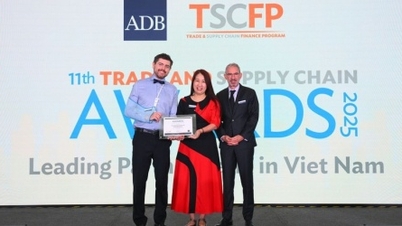





![[Photo] Many people directly experience beloved Uncle Ho and the General Secretaries](https://vphoto.vietnam.vn/thumb/1200x675/vietnam/resource/IMAGE/2025/9/6/2f4d9a1c1ef14be3933dbef3cd5403f6)





















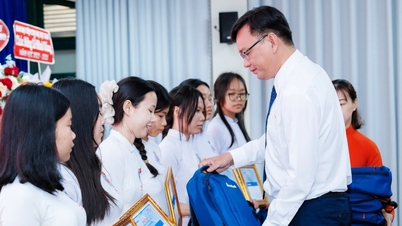

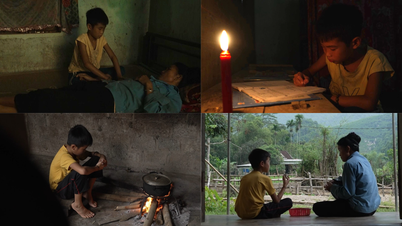



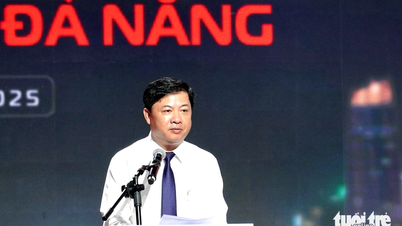


















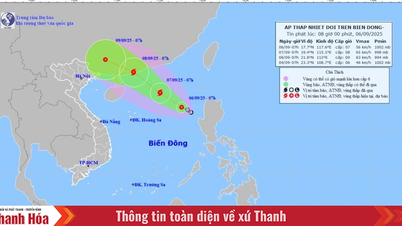
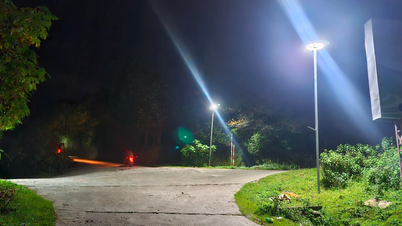


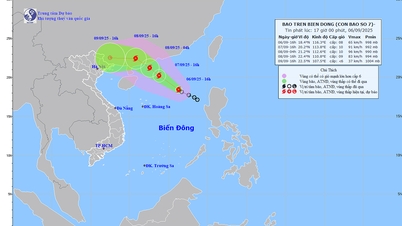

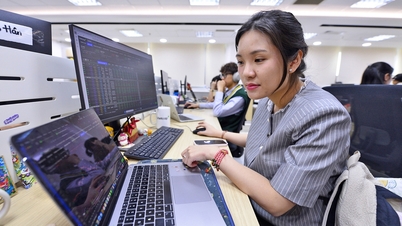
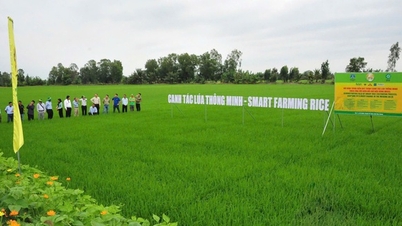

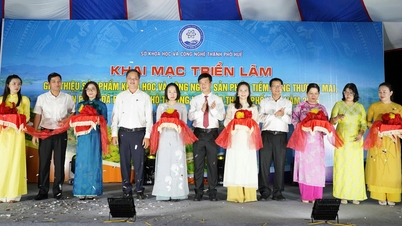

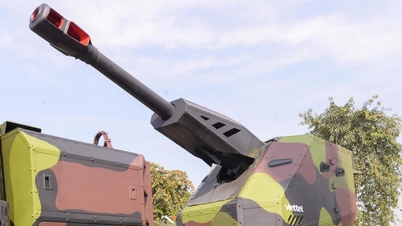
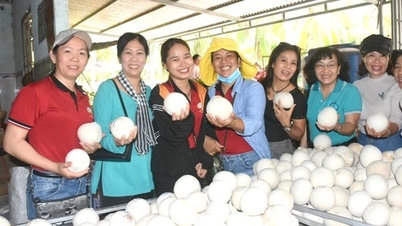






Comment (0)